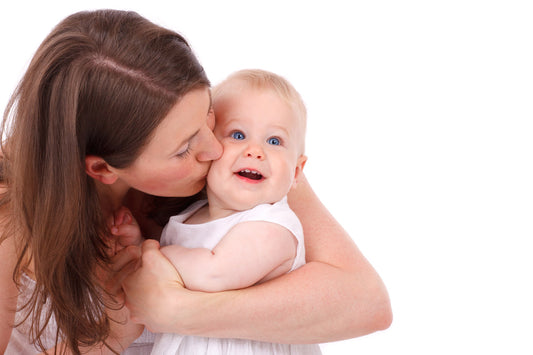Are you feeling tearful, sensitive and overall upset after giving birth? No need to worry, you most likely have an inconvenient, but completely normal case of the Baby Blues.
After delivering your little bundle of joy, your body goes through a lot of changes, especially on a hormonal level. These postpartum hormonal surges can cause all kinds of emotional waves. They come in many shapes and sizes. Some women experience sleeplessness, where others go through feelings of loneliness and relentlessness of motherhood.
Where To Go
Knowing that support is available can often be a great comfort. However, asking help from a friend or family member might feel too close to home or simply not achievable. In this case, there is a huge network of support groups, both online and on-site, to help you through tough times.
Some examples include:
- PaNDAS – Here you can find a free helpline to speak to at any given moment, email support, support groups, social media groups and text support.
- Mothers for Mothers – This organisation is run by mothers who suffered and recovered from depression, anxiety or isolation during pregnancy or after the birth of the babies. Now they share their experiences to offer support, advice and information.
- Postpartum Progress – This is a forum made by the Warrior Mom organisation. They offer no less than 8 online support groups via Facebook for moms suffering from postpartum depression, anxiety, OCD, psychosis and PTSD.
Parenting Struggles
Once your bundle of joy arrives, you will most likely find out you and your partner do not 100% agree on parenting methods at all times. Or maybe you find you are constantly arguing about who does what or who does the most. It is important to understand that conflict is natural in any relationship, and your relationship is undergoing a huge transformation. You have gone from being two independent adults with careers and social lives, to this new-as-yet-undefined family unit. Neither of you has a secret manual on how to be the perfect new mum or dad. Before those feelings of resentment grow, try talking, listening and being respectful. You have to actively make an effort to see each other’s perspective.
If you have older children at home whilst you are adjusting to the new baby dynamic, remember to let them know they are not the problem and their new sibling is not the cause of the tension. It's very easy for young children to develop feelings of resentment towards their new siblings.
Postnatal Depression.
If you are experiencing extreme negative emotions or feelings post-birth or even take a dislike to your baby, this is most likely more than the baby blues. This could be postnatal depression. In this case, you should contact your GP as soon as possible and seek professional help. The best treatment is usually psychotherapy, sometimes combined with antidepressants. Always listen to your doctors when taking medication.
Know that this does not mean you are any less of a mother. Depression is a flaw in chemistry, not character. It can affect anyone. Below you will find some organisations that can help you through this healing process.
- Mind – Mind offers help in regards to postnatal depression as well as perinatal mental health issues.
- Priory – Here you will find plenty of information as well as different treatment methods to help you through a tough time. Plus, they are always available for support.
- PSI – This organisation offers a wide range of support groups to aid parents in different situations. From Birth Trauma Support to support for Military Moms.
PND happens to no less than 1 in 10 women within a year of giving birth. It is important to look out for each other, listen and help one another through these struggles.
Remember you are stronger than you think! You can do this.





